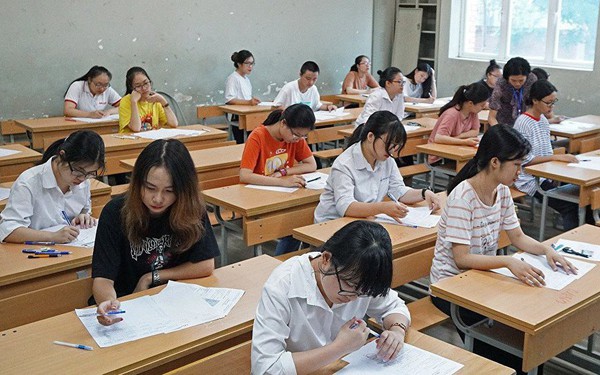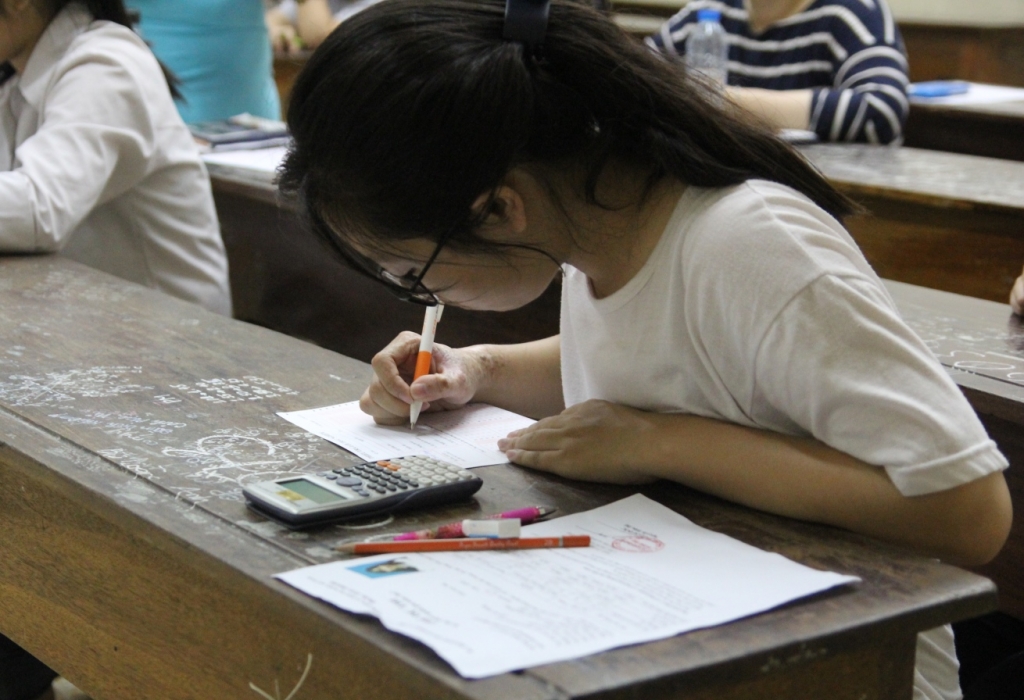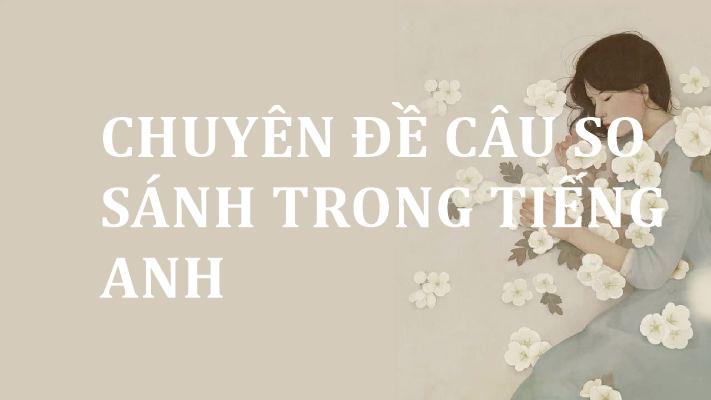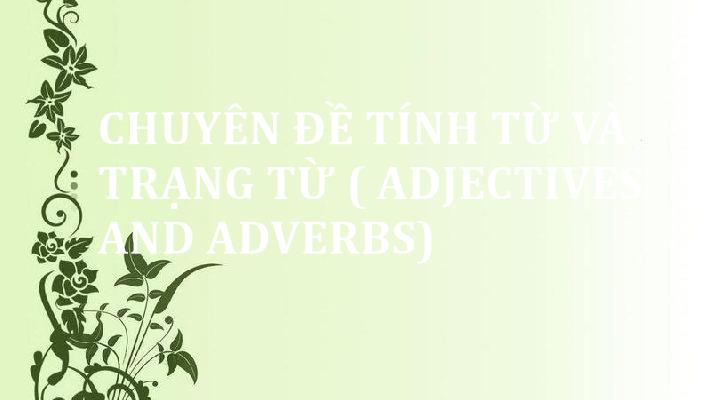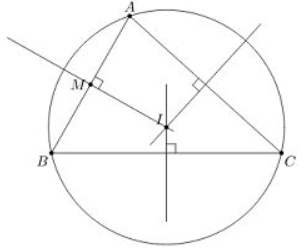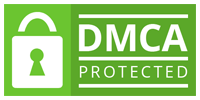Đề thi THPT Quốc Gia năm 2019 môn Tiếng Anh sở GD - ĐT Nam Định
Mark the letter A, B, C, or D on your answer sheet to indicate the word whose underlined part differs from the other three in pronunciation in each of the following questions
Question 1: A. walked B. helped C. missed D. arrived
Question 2: A. feather B. leather C. feature D. measure
Mark the letter A, B, C, or D on your answer sheet to indicate the word that differs from the other three in the position of primary stress in each of the following questions
Question 3: A. secure B. honest C. modern D. decent
Question 4: A. gymnastics B. excellent C. stadium D. restaurant
Mark the letter A, B, C, or D on your answer sheet to indicate the correct answer to each of the following questions.
Question 5: There are two cars in my yard, a yellow car and a blue one. My car is
_________ yellow one.
- a B. an C. x D. the
Question 6: If Jim hadn’t tried to kill that millionaire, he _________ in prison today.
- wouldn’t be B. wouldn’t have been C. won’t be D. hadn’t been
Question 7: At this time next week, we _________ for our examination.
- will be sitting B. will be sat C. will sit D. will have sat
Question 8: _________ busy she is, she manages to pick her children up after school every day.
- Although B. Despite C. However D. Because
Question 9: I had to borrow some money __________ my friend because I was broke.
- to B. from C. at D. of
Question 10: _________, he walked to the station.
A. Despite being tired B. In spite being tired
C. Although to be tired D. Despite tired
Question 11: After ___________ the money, the robbers fled from the bank as quickly as possible.
- have taken B. having taken C. had taken D. taken
Question 12: They accused the man of __________ the secret.
- reveal B. revealed C. having revealed D. to have revealed
Question 13: Children who are isolated and lonely seem to have poor language and ________.
A. communication B. communicate
C. communicative D. communicating
Question 14: Shy people often find difficult to __________ part in group discussions.
- take B. get C. make D. play
Question 15: Early to bed and early to rise will __________ you good.
- bring B. make C. do D. help
Question 16: When things get wildly busy in the morning, some people _______ breakfast to save time.
- skip B. reduce C. omit D. quit
Question 17: When preparing a CV, university_________ can consider attaching a separate report about official work experience during the course.
- graduates B. leavers C. candidates D. applicants
Question 18: If you are paid monthly, rather than weekly, you receive_________.
- a prize B. a reward C. a salary D. wages
Mark the letter A, B, C, or D on your answer sheet to indicate the word(s) CLOSEST in meaning to the underlined word(s) in each of the following questions.
Question 19: When being interviewed, you should concentrate on what the interviewer is saying or asking you.
A. pay attention to B. express interest to
C. be related to D. be interested in
Question 20: The trouble with Frank is that he never turns up on time for a meeting.
- gets B. switches C. arrives D. goes
Mark the letter A, B, C, or D on your answer sheet to indicate the word(s) OPPOSITE in meaning to the underlined word(s) in each of the following questions
Question 21: When he passes the entrance exam, his parents will be walking on the air.
A. feeling extremely airy B. extremely light
C. extremely happy D. feeling extremely unhappy
Question 22: Those students who fail the National High School exams may want to retake
them the following year.
- pass B. fall C. sit D. take
Mark the letter A, B, C, or D on your answer sheet to indicate the option that best completes each of the following exchanges
Question 23: Tan is talking to Nga about his point of view.
- Tan: ________, children nowadays play games online so much.
- Nga: Absolutely!
A. As you see B. As a matter of fact C. In conclusion D. In my opinion
Question 24: Two friends, John and Jenny are talking about means of transportation.
- John : “Do you think that we should use public transportation to protect our
environment?”
- Jenny: “________________________________.”
A. Yes, it’s an absurd idea B. There is no doubt about it
C. Of course not. You bet D. Well, that’s very surprising
Read the following passage and mark the letter A, B, C, or D on your answer sheet to indicate the correct word or phrase that best fits each of the numbered blanks from 25 to 29
Space is important to Americans. When two people talk to each other, they usually stand about two and a half feet away and at an angle, so they are not facing each other___25___. Americans get uncomfortable when a person stands too close. They will move back to have their space. If Americans touch another person ___26____ accident, they say, "Pardon me." or "Excuse me." Americans like to look the other person in the eyes when they are talking. If you don't do so, it means you are bored, hiding something, or are not interested. ___27___, when you stare at someone, it is not polite. For Americans, thumbs-up means yes, very good, or well done. Thumbs-down means the opposite. To call a waiter, raise one hand to head level or above. To show you want the check, make a movement with your hands as if you are signing a piece of paper. It is all right ___28___ at things but not at people with the hand and index finger. Americans ___29___
their index finger at children when they scold them and pat them on the head when they admire them. Learning a culture's body language is sometimes confusing. If you don't know what to do, the safest thing to do is to smile.
Question 25. A. direct B. directed C. direction D. directly
Question 26. A. by B. in C. on D. with
Question 27. A. But B. Therefore C. However D. So
Question 28. A. point B. to point C. pointed D. pointing
Question 29. A. put B. wave C. use D. shake
Read the following passage and mark the letter A, B, C, or D on your answer sheet to indicate the correct answer to each of the questions from 30 to 34
DRINKING AND DRIVING
The legal limit for driving after drinking alcohol is 80 milligrams of alcohol in 100
milliliters of blood, when tested. But there is no sure way of telling how much you can drink before you reach this limit. It varies with each person depending on your weight, your sex, if you’ve just eaten and what sort of drinks you’ve had. Some people might reach their limit after only about three standard drinks. In fact, your driving ability can be affected by just one or two drinks. Even if you’re below the legal limit, you could still be taken to court if a police officer thinks your driving has been affected by alcohol. It takes about an hour for the body to get rid of the alcohol in one standard drink. So, if you have a heavy drinking session in the evening you might find that your driving ability is still affected the next morning, or you could even find that you’re still over the legal limit. In addition, if you’ve had a few drinks at lunchtime, another one or two drinks in the early evening may well put you over the legal limit. In a test with professional drivers, the more alcoholic drinks they had had the more certain they were that they could drive a test course through a set of moveable posts … and the less able they were to do it!
So the only way to be sure you’re safe is not to drink at all. Alcohol is a major cause of road traffic accidents. One in three of the drivers killed in road accidents have levels of alcohol which are over the legal limit, and road accidents after drinking are the biggest cause of death among young men. More half of the people stopped by the police to take a breathalyzer test have a blood alcohol concentrate of more than twice the legal limit.
It is important to remember that driving after you’ve been drinking doesn’t just affect you. If you’re involved in an accident it affects a lot of other people as well, not least the person you might kill or injure.
Question 30: The amount of alcohol a person can drink before reaching the legal limit is
___________.
A. 800 milligrams of pure alcohol B. approximately three standard drinks
C. different for different people D. exactly proportional to body weight.
Question 31: When might you be taken to court by the police for drinking and driving?
A. When you have driven a vehicle after drinking any alcohol at all.
B. When you have drunk at least three drinks before driving.
C. Only when tests show that you have 80mg of alcohol in 100 ml of blood.
D. When the police think that you have been drinking from the way you are driving.
Question 32: When you have been drinking heavily in the evening, the next day you might be ___.
A. still drunk until lunchtime B. unable to drive until the evening
C. over the legal limit in the morning D. unable to drive all day
Question 33: Alcohol is a major cause of road traffic accidents in that ___.
A. most drivers who die in these accidents have been drinking
B. more young men die in drink-related accidents than in any other way
C. drinking affects people’s eyesight
D. one in three drivers drink heavily
Question 34: What does this article urge you to remember particularly about driving and drinking?
A. You may be taken to court by the police. B. You are putting yourself in danger.
C. You may hurt another road-user. D. You put many other people at risk.
Read the following passage and mark the letter A, B, C, or D on your answer sheet to indicate the correct answer to each of the questions from 35 to 42
Have you ever thought about inventing something? Did you worry that your idea was too strange or unrealistic? Well, maybe you should think again. Strange or unrealistic ideas never stopped Arthur Pedrick. Pedrick was a British inventor. Originally a government clerk, he spent his retirement in the 1960s and 1970s developing new and unusual ideas. Some of these ideas contradicted basic physics, but that didn’t stop Pedrick. One of his strangest ideas was a plan to connect large tubes from the continent of Australia all the way to Antarctica, a distance of 10,000 km! These tubes would carry giant ice balls from Antarctica
to Australia. This ice would then melt in the Australian desert, and the water would be used in irrigation. Another of Pedrick’s inventions was a radio-controlled golf ball. A golfer could change the speed and direction of the golf ball by small flaps, controlled by computer chips. Using radio waves, the golfer could also find lost golf balls. Arthur Pedrick had thousands of bizarre ideas for inventions, most of which were never built.
Though many of Pedrick’s inventions were never developed, a lot of other strange
ideas were. In 1989, a company designed and sold a theft-prevention device for expensive cars. As part of this device, several tubes were attached to the bottom of a car. If someone tried to steal the car, super hot flames would come out of the tubes and burn the car thief. Some people who were not thieves, however, were seriously injured. They accidentally set off the device by walking past the car. Other strange inventions include underwear for dogs and pens with drinkable ink. The underwear keeps dogs from making a mess when they go out for a walk. Also, if you are ever thirsty during a test, a pen with drinkable ink would be very handy! If you have an idea that seems a little out in left field, don’t let that stop you
from trying it. You’ll be in good company.
Question 35: What is the main idea of the passage?
A. Some inventions are very strange. B. Some devices can help reduce crime.
C. Inventions are necessary for a good life. D. Inventing something is easy.
Question 36: According to the passage, what is NOT true about Pedrick?
A. A lot of his inventions were based on physics.
B. He came up with the idea of carrying iceberg from Antarctica to Australia.
C. He had ever worked as a secretary for the government.
D. He comes from England.
Question 37: According to the passage, how was Pedrick’s plan to bring water to Australia probably unrealistic?
A. Tubes are not strong enough. B. Australia doesn’t need water.
C. The plan was too expensive. D. Australia and Antarctica are too far
away.
Question 38: What was the problem with the theft prevention device?
A. It didn’t work. B. Only bicycles could use it.
C. It was too big. D. It hurt other people besides thieves.
Question 39: In the passage, what is implied when a dog “makes a mess”?
A. It digs in the dirt. B. It goes to the bathroom.
C. It spreads its food around. D. It has dirty hair.
Question 40: The word “they” in paragraph 2 refers to_______.
- thieves B. people C. dogs D. pens
Question 41: The words “out in left field” in paragraph 2 is closest in meaning to_______.
- creative B. innovative C. weird D. inventive
Question 42: From the passage, what can be inferred about Arthur Pedrick?
A. He was more interested in creativity than facts. B. He was a good scientist.
C. He was often bored. D. He made a lot of money from his inventions.
Mark the letter A, B, C, or D on your answer sheet to indicate the sentence that is closest in meaning to each of the following questions
Question 46. They have ever taught Taekwondo in schools in Binh Dinh.
A. Taekwondo has ever been taught in schools in Binh Dinh.
B. Taekwondo in schools have ever been taught in Binh Dinh.
C. Taekwondo in schools in Binh Dinh has ever been taught.
D. Taekwondo has been ever taught in schools in Binh Dinh.
Question 47. “Why don’t we go sailing this weekend?” Jack said.
A. Jack offered to go sailing that weekend.
B. Jack denied going sailing that weekend.
C. Jack refused to go sailing that weekend.
D. Jack suggested going sailing that weekend.
Question 48: People believed that the boys started the fire.
A. The boys were believed to start the fire.
B. It is believed that the fire was started by the boys.
C. The boys started the fire was believed.
D. It was believed for the boys to start the fire.
Mark the letter A, B, C, or D on your answer sheet to indicate the sentence that best combines each pair of sentences in the following questions.
Question 49: He didn’t prepare well for his GCSE examination. He regrets it now.
A. Unless he had prepared well for his GCSE examination, he wouldn’t regret it now.
B. But for his ill preparation for his GCSE examination, he wouldn’t regret it now.
C. If it hadn’t been for his good preparation for his GCSE examination, he wouldn’t
regret it now.
D. If he had prepared well for his GCSE examination, he wouldn’t have regretted it now.
Question 50: As soon as he arrived at the airport, he called home.
A. No sooner had he arrived at the airport than he called home.
B. He arrived at the airport sooner than he had expected.
C. Calling home, he said that he had arrived at the airport.
D. He arrived at the airport and called me to take him home.
ANSWER KEY
|
1D |
2C |
3B |
4A |
5D |
6A |
7A |
8C |
9B |
10A |
|
11B |
12C |
13A |
14A |
15C |
16A |
17A |
18C |
19A |
20C |
|
21D |
22A |
23D |
24B |
25D |
26A |
27C |
28B |
29D |
30C |
|
31D |
32C |
33D |
34D |
35C |
36A |
37D |
38D |
39A |
40C |
|
41C |
42A |
43C |
44A |
45C |
46A |
47D |
48A |
49B |
50A |

